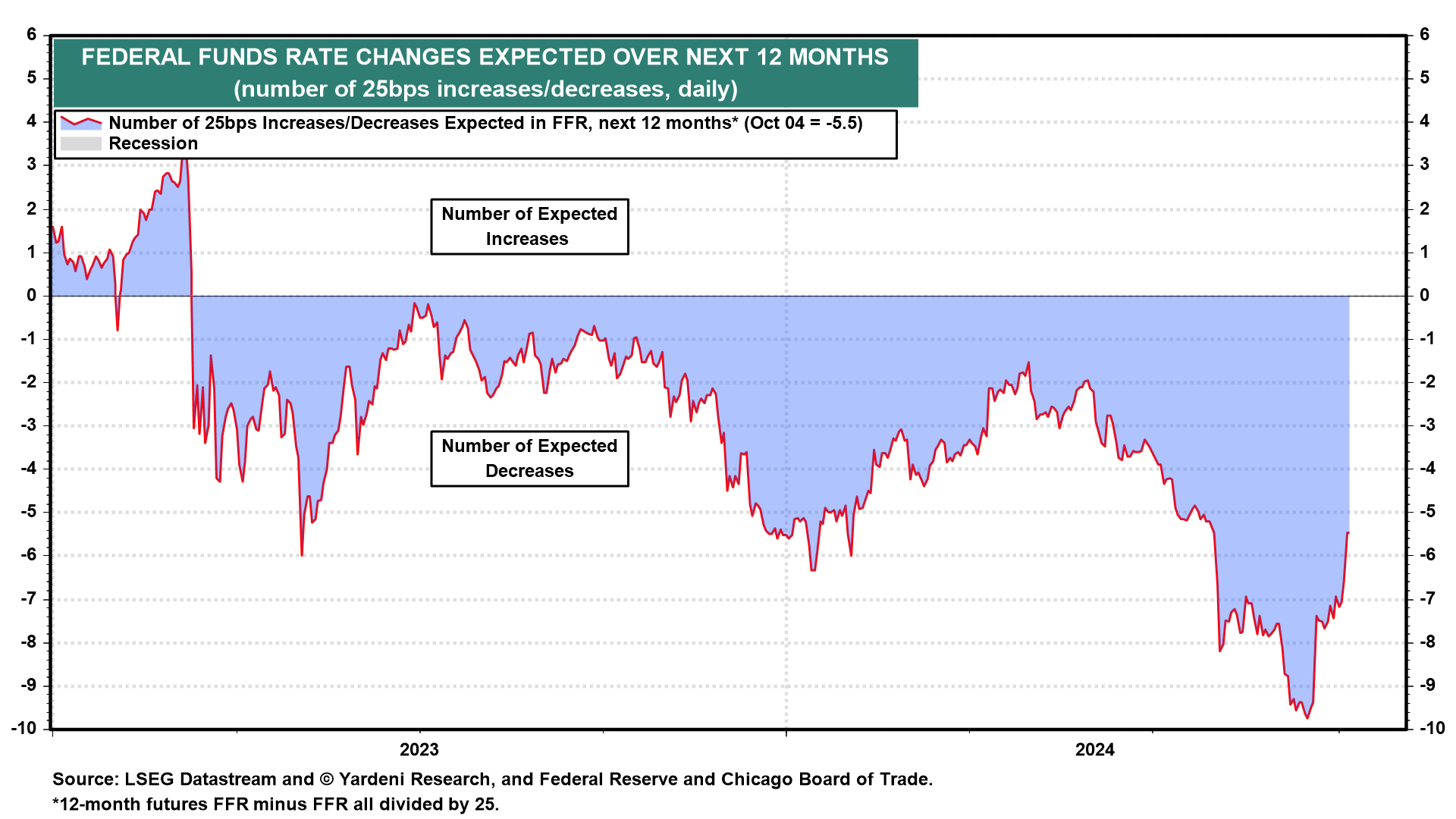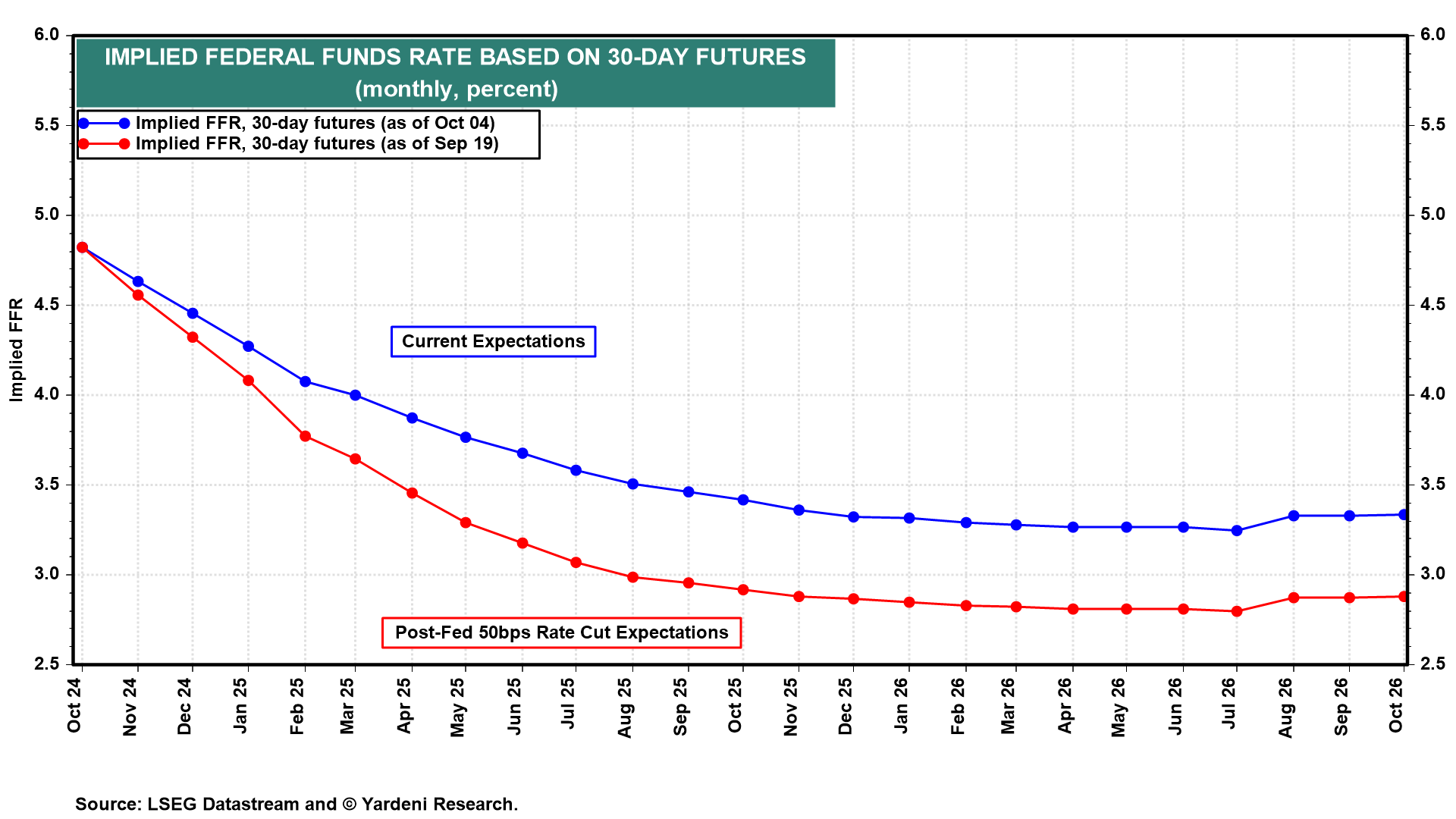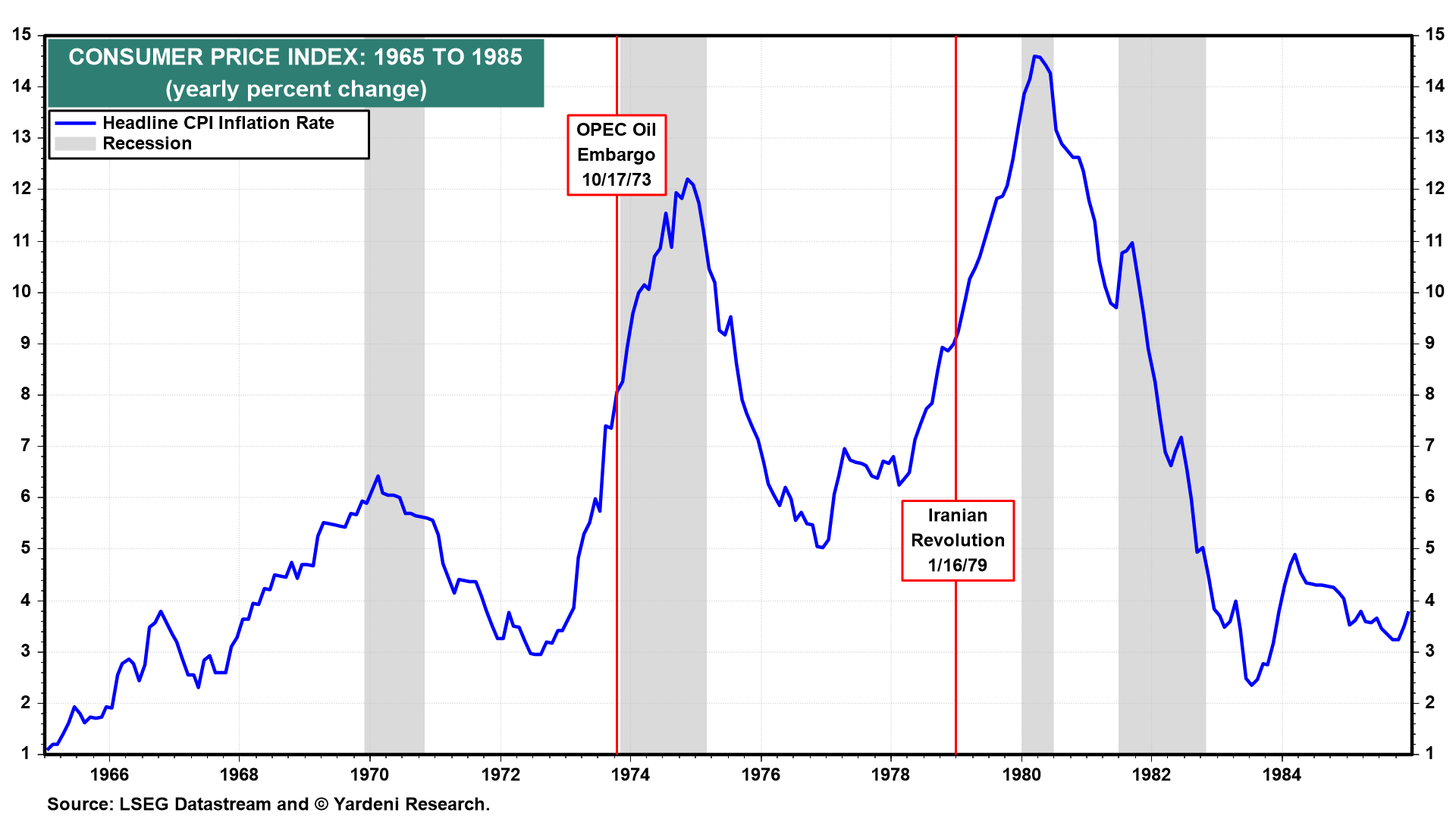China’s Xi speaks with Trump by phone, discusses Taiwan and bilateral ties
Pagliacci (Clowns, 1892) is an opera in a prologue and two acts with music and libretto by Ruggero Leoncavallo. The play tells the tragedy of a jealous husband and his wife in a commedia dell'arte theatre company. At the end, the husband kills his wife and her lover. In tears, he declares the chilling words “La commedia è finita!,” which in Italian mean “The comedy is over!”
Rudi Dornbusch, a renowned German macroeconomist, once said, “Expansions don’t die of old age. I like to say they get murdered.” Eric and I have observed that economic expansions usually are murdered by the Fed when monetary policy is tightened to fight inflation, triggering a credit crisis that quickly turns into an economy-wide credit crunch and a recession. We’ve referred to this repetitive pattern as the “Credit Crisis Cycle.”
Ever since the Fed started to raise the federal funds rate (FFR) in March 2022 (when the latest monetary policy tightening cycle began), most economists predicted that it would cause a recession. This consensus forecast was supported by the inversion of the yield curve and the decline in the Index of Leading Economic Indicators. We dissented from this consensus view for numerous reasons that we discussed numerous times since early 2022.
The Fed stopped raising the FFR in July 2023, and fears of a recession began to subside. Nevertheless, at the start of 2024, the financial markets along with most economists believed that the Fed would have to significantly lower the FFR five or six times by 25bps each to avert a recession in 2024 caused by the so-called “long and variable lags” of monetary policy. That made no sense to us, so we predicted two cuts, three at most. There were no cuts until September 18, when the FFR was cut by 50bps.
Even so, the next day the FFR futures market indicated another seven cuts of 25bps in the FFR over the next 12 months, including another 50bps of rate cuts by the end of the year. Again, that made no sense to us since we believed that the summer’s economic weakness was just a soft patch, and didn’t require an aggressive Fed easing response.

Following the strong September employment report, the FFR futures market predicted five or six rate cuts over the next 12 months, including one over the rest of this year. We are predicting none-and-done for the rest of this year for the 12 reasons we discuss below.
Meanwhile, since the beginning of this year, a few vocal diehard hard-landers have remained convinced that a recession still was imminent. Indeed, a couple of them claimed that the economy was already in a recession.
On Friday, their operatic cri de coeur ended abruptly. September’s strong employment report and upward revisions in July and August murdered the hard-landing scenario. Tragically, it was a very hard landing for the diehard hard-landers. May they rest in peace.
The few remaining hard-landers immediately went on social media and raised doubts about the accuracy of the employment data. It is a time-honored tradition among economists to claim at times when the data don’t support their forecasts that something must be wrong with the data. Indeed, we made this argument during the summer when the economy was weaker than we expected: We blamed it on the weather. So now we are saying that the latest batch of strong data is good because it supports our resilient economy thesis.
Before we get too cocky, we should note that we aren’t completely ruling out the possibility of a recession. We are still assigning a 20% subjective probability to a 1970s-style geopolitically triggered hard landing.
In any event, the notion that the lagged effects of the tightening of monetary policy will cause a consumer-led recession is dead, in our opinion. The no-show Fed-triggered recession will remain a no-show, especially now that the Fed has started to lower the FFR even though it isn’t warranted by the performance of the economy.
For the hard-landers: La commedia è finita!
